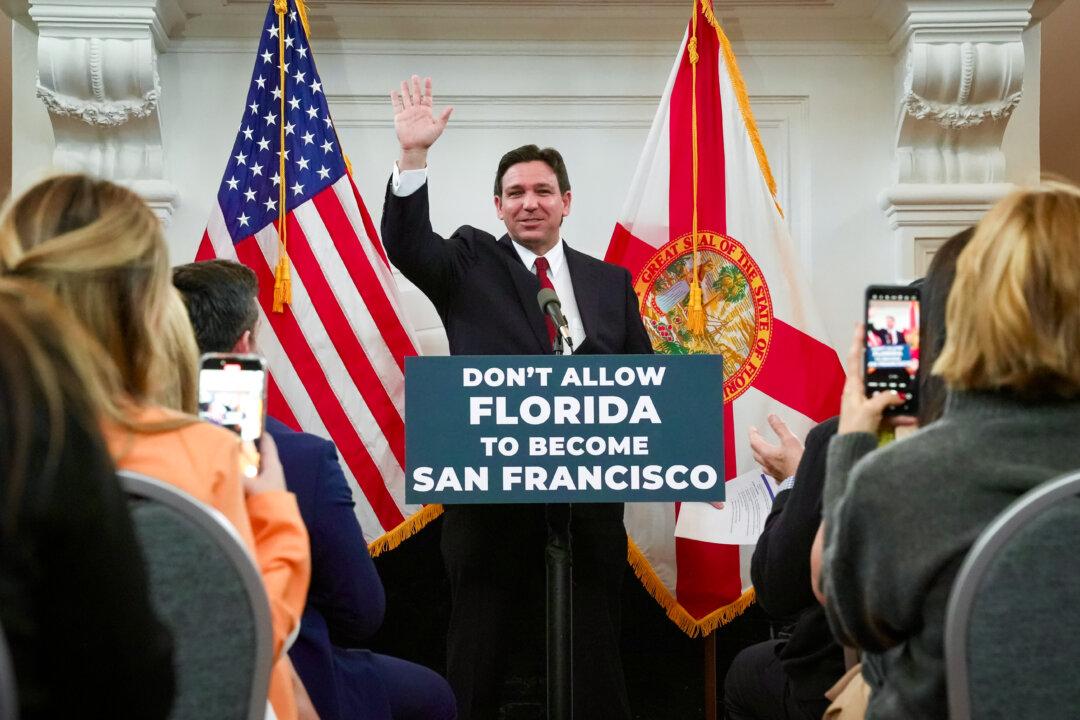In an unlikely alliance, Christian family values groups and an LGBT activist have signed a petition against a proposed Connecticut bill they say could make pedophiles a protected sexual minority.
The bill, HB 6638, would revise the language of the state’s anti-discrimination statutes.




